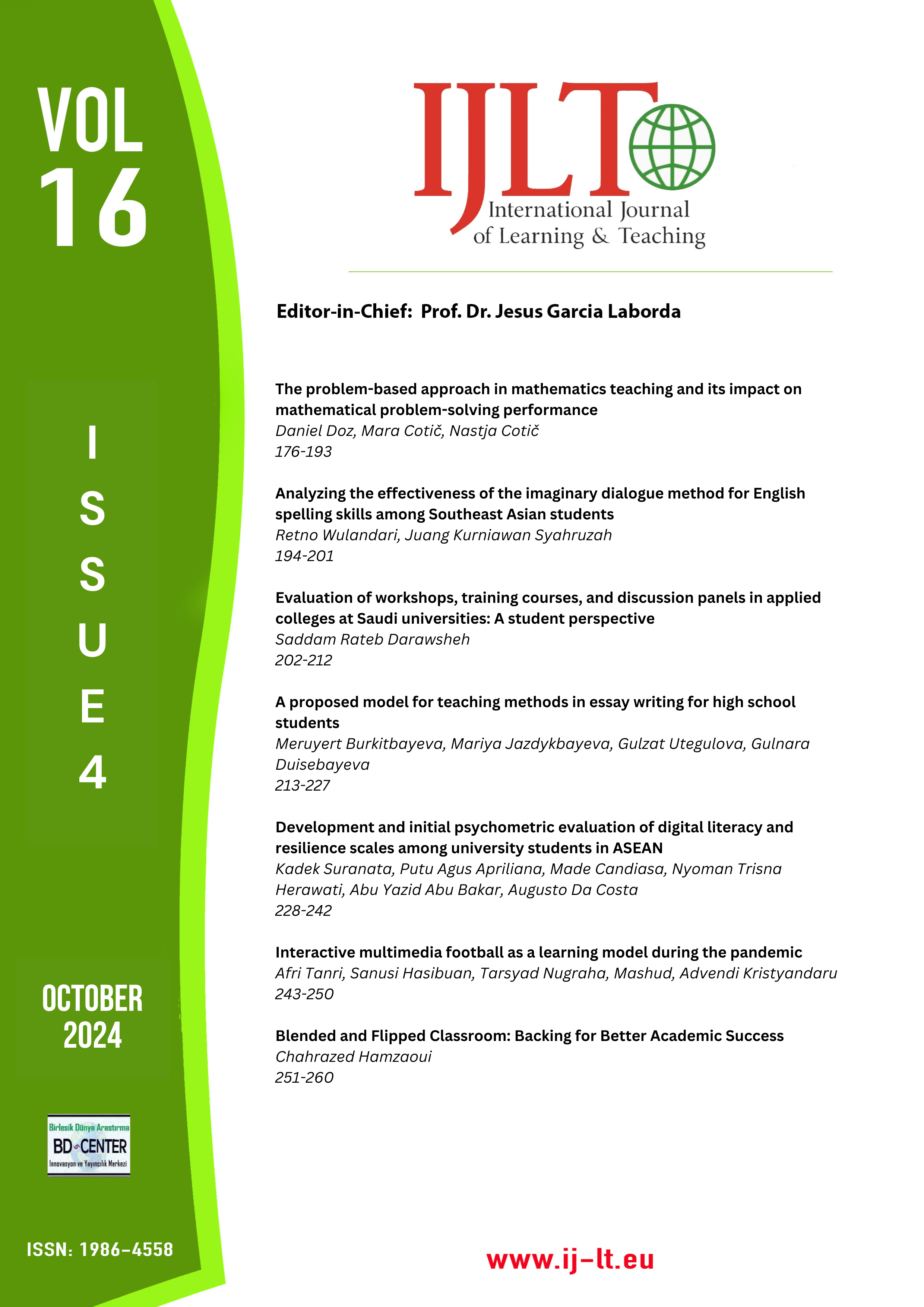The problem-based approach in mathematics teaching and its impact on mathematical problem-solving performance
Main Article Content
Abstract
Problem-solving is a key aspect of mathematics instruction. Although it is part of several national curricula, its implementation is still being vastly explored. This research aimed to investigate and update the existing educational process in mathematics teaching in primary education by designing and evaluating an experimental model of problem-based mathematics education. The study used a pedagogical experiment, with a sample of 240 pupils in Grade 3 from four selected Slovenian primary schools. The results showed that the use of an experimental model of problem-based learning had a statistically significant effect on pupils’ mathematics achievement in all the domains of mathematics in terms of numbers, geometry, logic, and set theory. The study suggests that modern school reforms should focus on problem-based mathematics instruction as a means of achieving meaningful and lasting knowledge in students.
Keywords: Achievement; experiment; mathematics; problem-solving; problem-based instruction.
Downloads
Article Details

This work is licensed under a Creative Commons Attribution-NonCommercial-NoDerivatives 4.0 International License.
Authors who publish with this journal agree to the following terms:
- Authors retain copyright and grant the journal right of first publication with the work simultaneously licensed under a Creative Commons Attribution License that allows others to share the work with an acknowledgement of the work's authorship and initial publication in this journal.
- Authors are able to enter into separate, additional contractual arrangements for the non-exclusive distribution of the journal's published version of the work (e.g., post it to an institutional repository or publish it in a book), with an acknowledgement of its initial publication in this journal.
- Authors are permitted and encouraged to post their work online (e.g., in institutional repositories or on their website) prior to and during the submission process, as it can lead to productive exchanges, as well as earlier and greater citation of published work (SeeThe Effect of Open Access).
